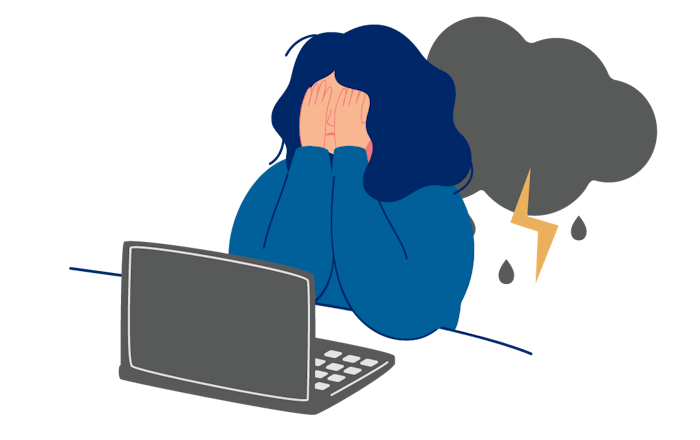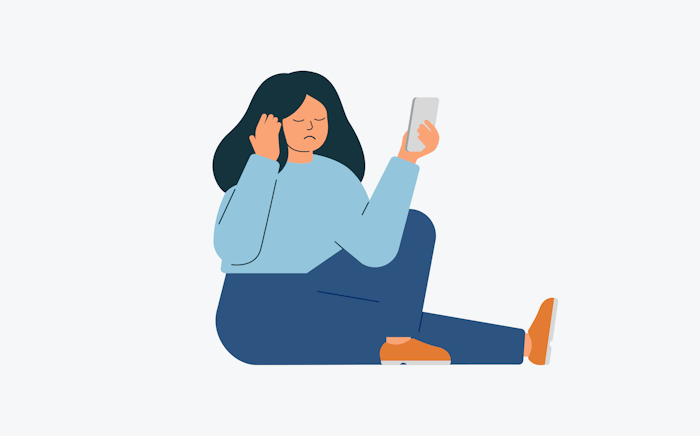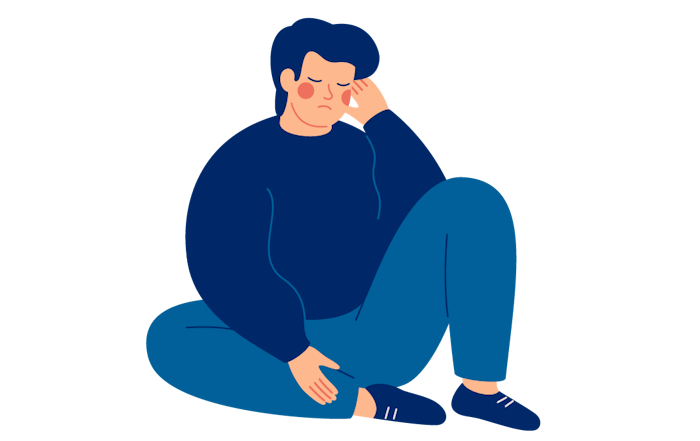What is allowed?
There’s nothing wrong with taking and sending a sexual photo of yourself or others if everyone involved agrees to it. There’s a certain risk involved so it’s important that you trust everyone involved.
It is illegal for anyone to record, share, or publish sexual material of you without your permission. The same applies if someone threatens to do these things or pressures you to do them.
It is also a crime if someone sends you a sexual photo of themselves without your permission.
This is usually called digital sexual abuse because most often digital devices are used, such as the internet and smartphones. But the same applies to film photographs or other material that is not digital.
Sometimes this is also called “revenge porn” or image-based sexual abuse but the legal term is a violation of sexual privacy.










